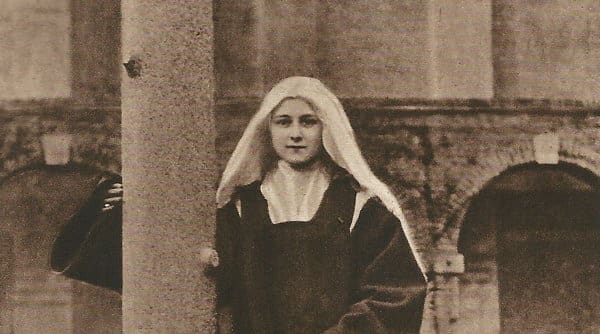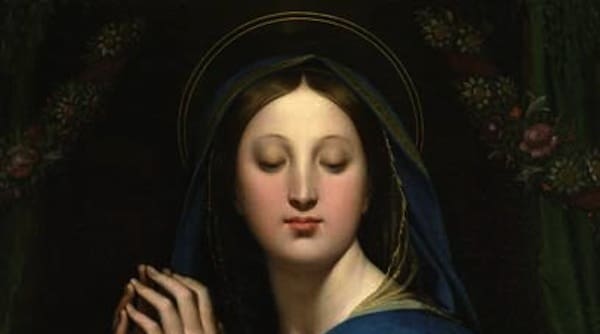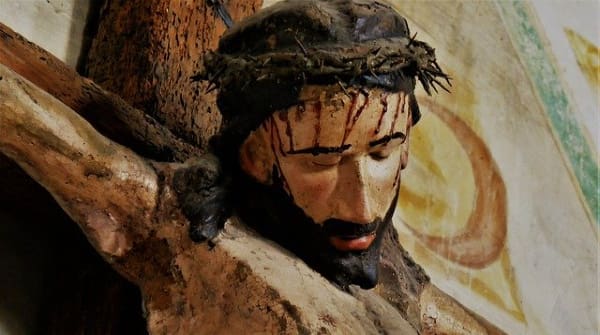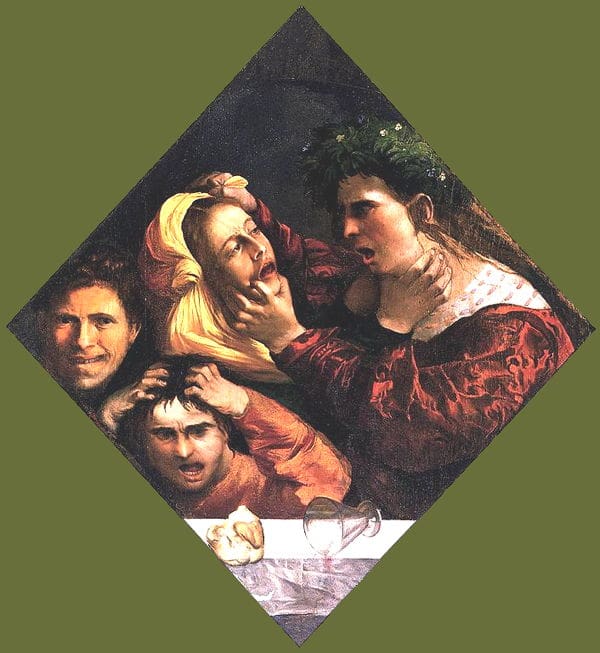
St. Therese and Surrendering to God
A Reflection from “The Church in the Storms” by Fr. Joel Guibert St. Therese and Surrendering to God The following words of Thérèse, in a message to Father Bellière, very well sum up what we understand by the surrendering of oneself to God: “I follow the way He is tracing out for me. I try












